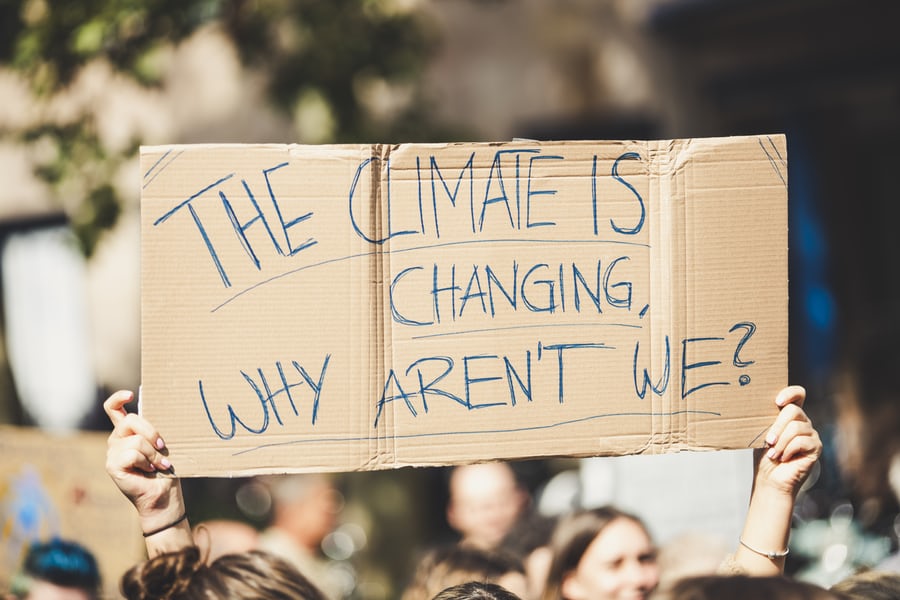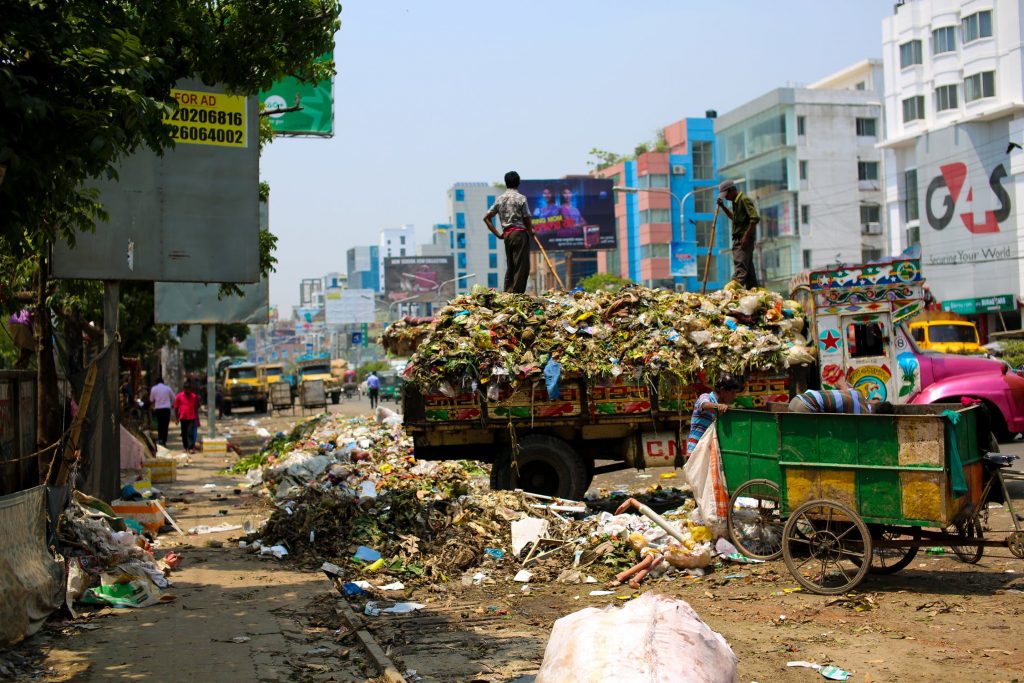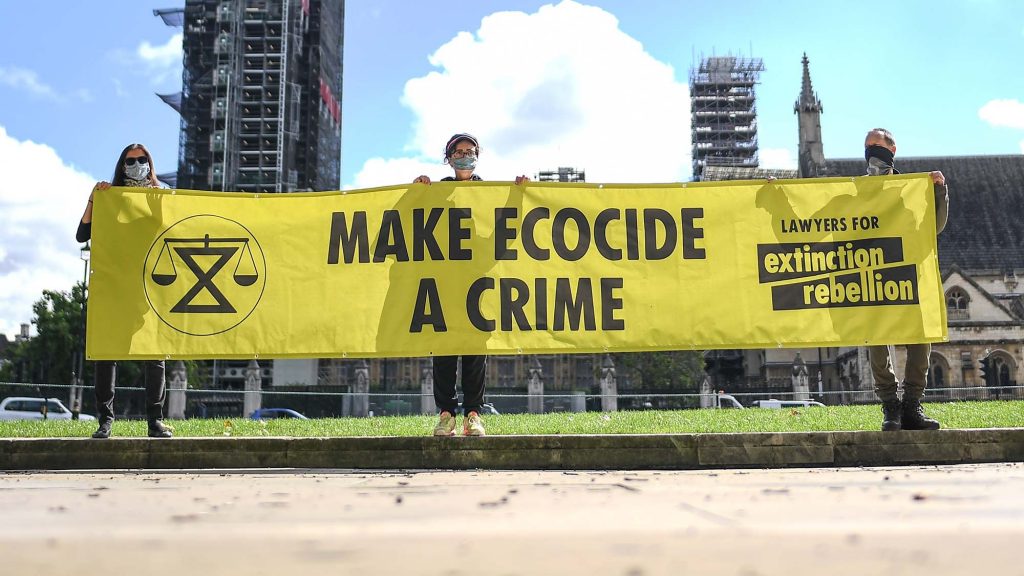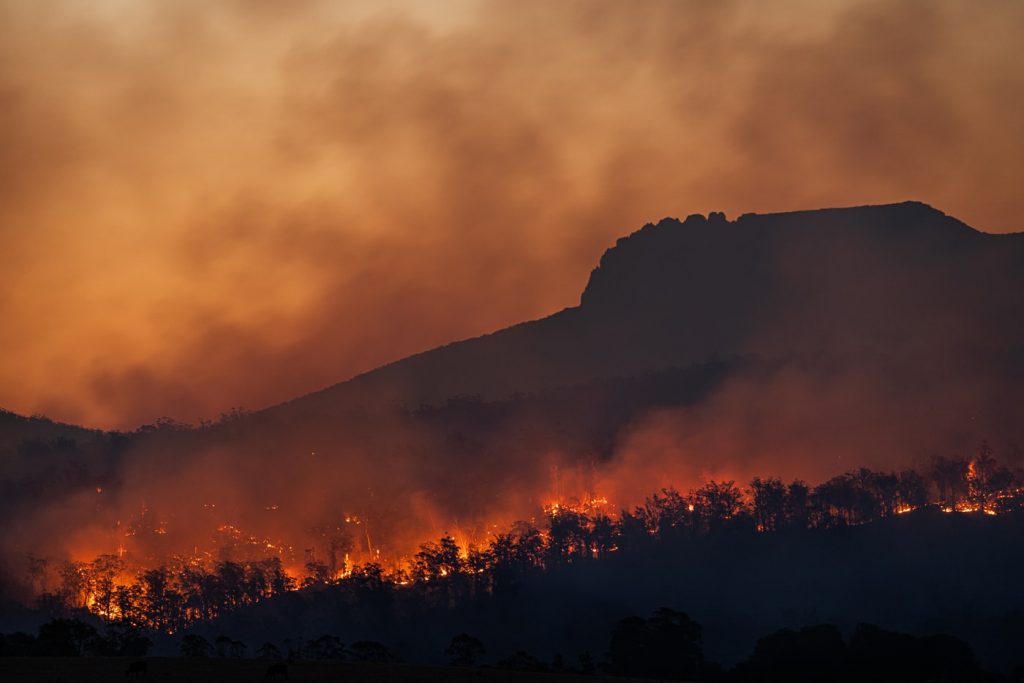What do we mean when we talk about “ecocide”? This expression, which literally means “killing the environment”, includes crimes such as ocean degradation, deforestation, soil and water contamination and air pollution.
However, currently only a few countries (such as Russia, Armenia and Vietnam) do uphold laws that punish this conduct. Today we will discuss why is it important to make it an international crime.

What’s ecocide?
Ecocide is a crime against the planet and, thus, against humankind. In December 2020, a lawyers’ committee from across the globe have drawn up a comprehensive definition:
Unlawful or wanton acts committed with knowledge that there is a substantial likelihood of severe and widespread or long-term damage to the environment being caused by those acts.
Ecocide has negative impacts on several levels. The damage is not only environmental, but also cultural, psychological and emotional, especially when the way of life of a community is deeply connected to the impacted ecosystem.
The term “ecocide” has been around since the 1970s when it was first recorded at the Conference on War and National Responsibility, Washington. It was coined to describe the devastating effects of the US military’s using Agent Orange in Vietnam.
As we all know, today the entire world faces a climate emergency. What is often forgotten, however, is that in many countries there are still legal practices that threaten the planet and its inhabitants. In addition to pollution, activities permitted by many local governments, such as land grabbing and mining, are profitable in the short term while devastating in the long term.
The same holds true for waste exports (including toxic waste) from industrialised to developing countries, which, in return for funding, turn cities and suburbs into open-air dumps.

The destruction of the seabed due to certain industrial fishing methods and oil spills (such as Deepwater Horizon in 2010) are also recognised as ecocide. Moreover, large-scale deforestation in tropical forests and nuclear disasters such as Chernobyl and Fukushima are also among the actions that deliberately “kill nature”.
Why Making Ecocide an International Crime?
In 2017, an environmental NGO was founded advocating towards making ecocide a crime prosecutable by law. This organisation is Stop Ecocide International (SEI), the decade-long work of Jojo Mehta and Polly Higgins.
Their global awareness campaign aims to hold liable those individuals responsible for financing, enabling or causing serious environmental damage . Instead of simply suing or fining companies, making ecocide a crime can lead to them being liable to arrest.

Today, the International Criminal Court (ICC), which has been operating since 2002, prosecutes four widely recognised serious crimes against the international community: Genocide, Crimes against humanity, War crimes and Crimes of aggression.
The ICC can prosecute individuals residing in all 123 countries that have signed its founding statute. Can you imagine if ecocide became the fifth crime on the list? It would be a powerful deterrent.
Philippe Sands, head of the expert group that drafted the definition of ecocide, explains: “The four other crimes all focus exclusively on the wellbeing of human beings. This one of course does that but it introduces a new non-anthropocentric approach, namely putting the environment at the heart of international law.” He adds: “For me the single most important thing about this initiative is that it’s part of that broader process of changing public consciousness, recognising that we are in a relationship with our environment.”

It will be a complex and lengthy process and there is no guarantee that @StopEcocide’s request will be granted. What is certain is that it will contribute to the debate on the idea of “ecocide” and the direct responsibility of individuals for environmental disasters.
We would only like to add a comment on the subject by George Monbiot, journalist for The Guardian:
[Criminalising ecocide] could, with our support, do for all life on Earth what the criminalisation of genocide has done for vulnerable minorities: provide protection where none existed before.





